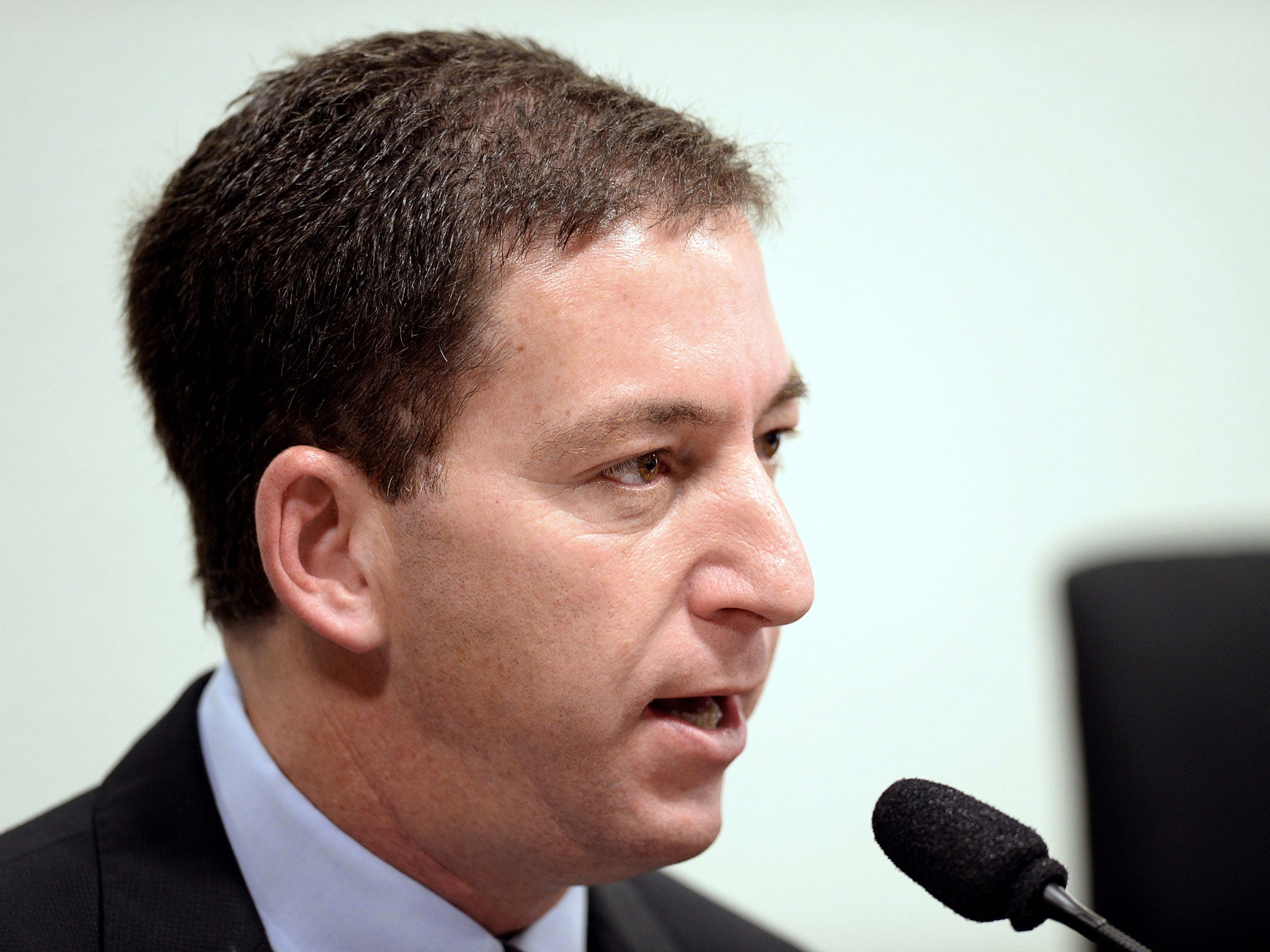NSA 'drone strikes based on mobile phone data'
A US drone operator made the claims that are allegedly backed up by Edward Snowden's leaked documents

Your support helps us to tell the story
From reproductive rights to climate change to Big Tech, The Independent is on the ground when the story is developing. Whether it's investigating the financials of Elon Musk's pro-Trump PAC or producing our latest documentary, 'The A Word', which shines a light on the American women fighting for reproductive rights, we know how important it is to parse out the facts from the messaging.
At such a critical moment in US history, we need reporters on the ground. Your donation allows us to keep sending journalists to speak to both sides of the story.
The Independent is trusted by Americans across the entire political spectrum. And unlike many other quality news outlets, we choose not to lock Americans out of our reporting and analysis with paywalls. We believe quality journalism should be available to everyone, paid for by those who can afford it.
Your support makes all the difference.The US National Security Agency (NSA) uses electronic surveillance rather than human intelligence in lethal drone strikes, it has been reported.
The new publication headed by Glenn Greenwald, the journalist who broke the news of US government surveillance in The Guardian, claims the revelations were made by a former US drone operator.
The Joint Special Operations Command (JSOC) operator, who also allegedly worked for the NSA, told The Intercept that the NSA uses data and mobile-phone tracking technology to confirm the locations of targets.
The JSOC is responsible with identifying, capturing or killing terrorist suspects in countries including Yemen, Somalia and Afghanistan.
He also told the publication that tactics used by the NSA include “geolocating” a suspected terrorist via the SIM card in their phone.
This information is then passed on to the CIA or US military as a basis for strikes and night raids.
NSA Documents leaked by whisteblower Edward Snowden also support the reports, as well as claims by another former US Air Force drone sensor operator and anti-lethal operation spokesperson, Brandon Bryant, the publication claims.
The Obama administration maintains that its operations only target terrorists.
In a speech last May, President Obama declared that “before any strike is taken, there must be near-certainty that no civilians will be killed or injured – the highest standard we can set.”
However, the former drone operator claims that innocent people have “absolutely” been killed as a result of the electronic surveillance, he told reporters at The Intercept.
He added that the tactic had also been used to kill terrorists and people using explosives against US forces in Afghanistan.
The former drone operator said strikes are sometimes targeted at locations, despite forces not being certain that the individual in possession of a SIM card is in fact the correct person.
Suspected terrorists are increasingly aware of the tactic, he said, and avoid detection by having up to 16 different SIM cards linked to their identity at a time. In other cases, family members and friends, including children, borrow mobile devices and are mistakenly targeted.
Senior Taliban leaders thwart the system by mixing SIM cards in bags at meetings to confuse the NSA.
The NSA also often directs drone attacks according to the activity of a SIM card rather than call content, which he said amounts to deaths being based on unreliable metadata.
He called the practice “very shady”.
“They might have been terrorists,” he says. “Or they could have been family members who have nothing to do with the target’s activities,” he warned.
The Bureau of Investigative Journalism also estimates that at least 273 civilians in Pakistan, Yemen and Somalia have been killed by unmanned aerial assaults under the Obama administration.
The NSA declined to respond The Intercept.
Join our commenting forum
Join thought-provoking conversations, follow other Independent readers and see their replies
Comments